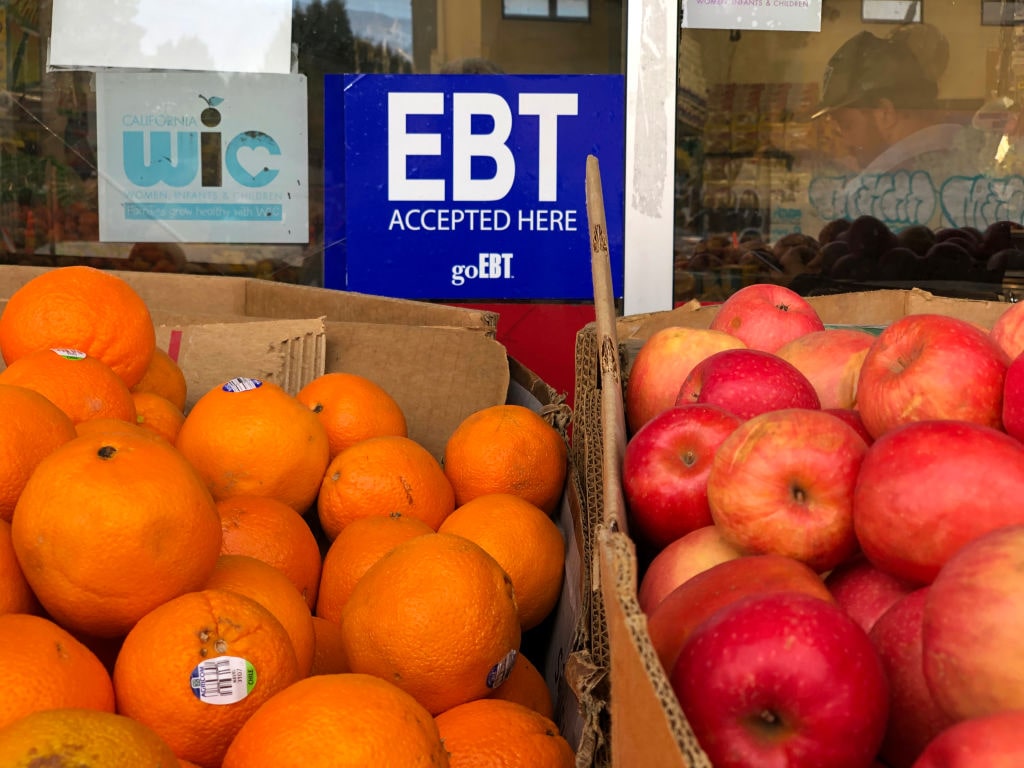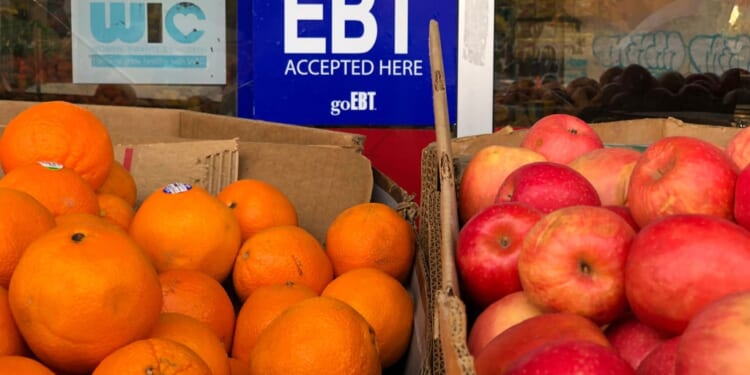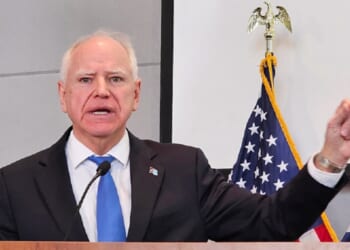
From SNAP to Head Start, tax-funded programs keeping millions afloat are running dry.
As the federal shutdown approaches the one-month mark, there’s no end in sight. House Speaker Mike Johnson (R-LA) is still sticking to his guns on the already House-passed continuing resolution, and the Senate gaveled out for the weekend on Thursday without bothering with another vote on it.
Even if it seemed a deal might materialize next week, it almost certainly wouldn’t be in time to keep a handful of government-funded benefit programs running without interruption. Come November 1, millions of Americans might start feeling the squeeze.
The Big Day
The USDA has warned that the Supplemental Nutrition Assistance Program (SNAP, once known as Food Stamps) and the Special Supplemental Nutrition Program for Women, Infants, and Children (WIC) could be out of federal funding on November 1.
WIC served more than 6.8 million families in fiscal year 2024, but the Trump administration has enacted a temporary solution: $300 million in unspent tariff revenue is being redirected to keep WIC afloat through the shutdown. SNAP, on the other hand, serves approximately 42 million people and does not have any alternative funding sources at the moment – at least not enough to keep the coffers full.
At least 25 states plan to pause the SNAP payments entirely next month, severely cutting recipients’ ability to keep food on the table. Recipients are being told to prioritize shelf-stable foods with this month’s funds or to visit food banks to hedge against hunger. Unfortunately, however, the increased demand on food banks is already taking its toll, and some are running out of goods.
Head Start, a federally funded program that provides preschool and daycare for kids under kindergarten age, is also suffering. When the shutdown began, six locations, which serve a total of 6,525 children across three states, didn’t receive their funding. As of November 1, that number goes up to 140 programs across 41 states and Puerto Rico. That’s an estimated 65,152 young children who will have to stay home – as will at least one of their parents, resulting in reduced household income and potentially lost jobs.
The Shutdown Time Crunch
The Senate reconvenes Monday, October 27 – just three days shy of the November 1 deadline – and the House comes back together on Tuesday, October 28. Even if they return to Washington with a deal ready to roll, it would take more than two or three days to restart the processes that have already begun to shut down – no bureaucracy turns on a dime, after all, and so interruptions in service will still occur, even in the best-case scenario.
But at least that would be a brief interruption. What’s far worse – and, sadly, more likely as well – is that the shutdown is not resolved next week, or even the next. November also marks the beginning of open enrollment in so-called Obamacare insurance plans. If the pandemic-era subsidies aren’t renewed by December 31, they will expire, and health insurance premiums will go up drastically. Some estimate prices will double or possibly even triple, in some cases, and those new, inflated prices will be all over the marketplace on November 1.
Next year’s increase will be the biggest since the ACA took effect, according to Art Caplan of the NYU Grossman School of Medicine, and the Congressional Budget Office estimates as many as four million Americans will drop their health insurance because of it.
That’s the reason Democratic leadership in the Senate is giving for refusing to reopen the government without an ACA extension – but it’s also the reason Democrat John Fetterman of Pennsylvania, who has regularly voted with Republicans to pass the House GOP’s continuing resolution, is telling his comrades to “just open up the whole thing and cut the s—t.”
“I don’t care about who’s winning, who’s losing, who’s going to blink,” Fetterman told reporters on Thursday, October 23. “America loses.”
Congress will eventually approve government funding – whether that’s a stopgap continuing resolution or full-year appropriations – the only questions are when and how much collateral damage they will incur in the process.
Liberty Nation does not endorse candidates, campaigns, or legislation, and this presentation is no endorsement.

















